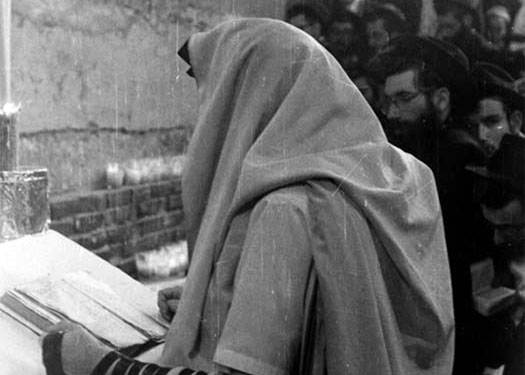12-13 Tammuz, Chag HaGeula: A Sicha in Three Parts; Part Two
II. G’ula The Frierdiker Rebbe’s redemption on the 12th and 13th of Tammuz came about as a result of being imprisoned. A redemption happens only when there is first some form of imprisonment—and even in his imprisonment, the Frierdiker Rebbe had everyone in mind. The Frierdiker Rebbe incarcerated in the stead of others. In fact, his imprisonment wasn’t because of some personal reason— he was put in jail for spreading Torah and protecting mitzvos. Every Jew in that time a…









